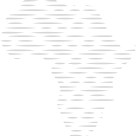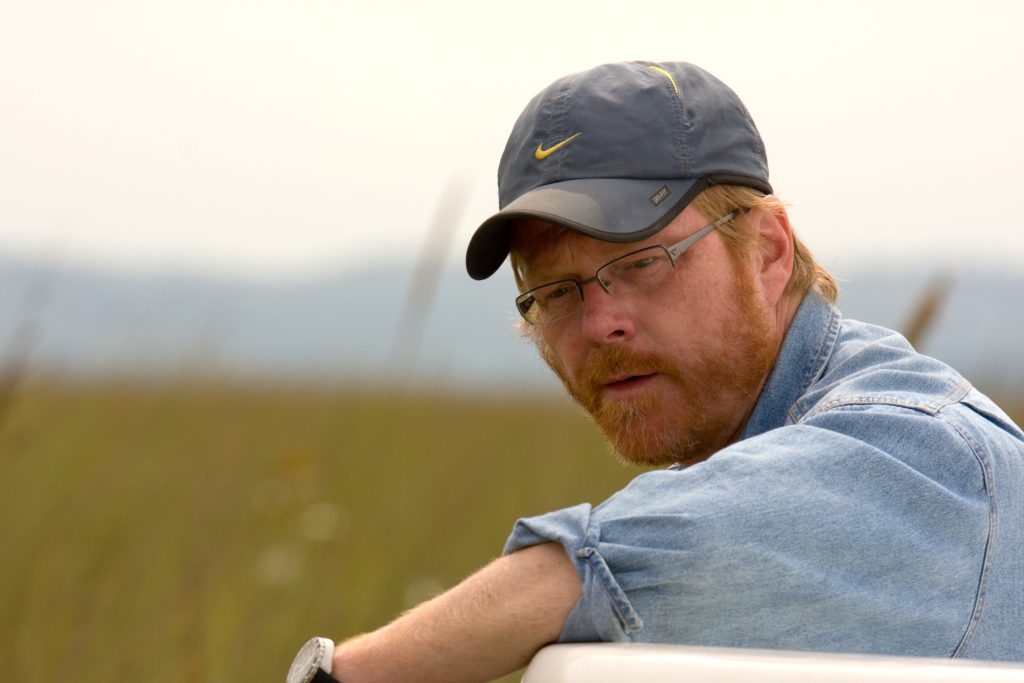Dr. Chapman’s research focuses on how the environment influences animal abundance and social organization and given their plight, he has applied his research to primate conservation. He is a Wilson Center Fellow, Killam Research Fellow, Velan Foundation Awardee for Humanitarian Service, and is a fellow of the Royal Society of Canada. In 2018 he was awarded the Konrad Adenauer Research Award from the Alexander von Humboldt Foundation and an Office of an Academician, Northwest University, Xi’an, China. In 2019 he took up a position at George Washington University to allow him to more time for his conservation efforts. For the last 32+ years, Dr. Chapman has conducted research in Kibale National Park, Uganda. During this time, he has not just been an academic, but has devoted great effort to help the rural communities, establishing schools, clinics, a mobile clinic, and ecotourism projects. He has published 540+ articles, been cited 45000+ times, has a H factor of 107 (Google Scholar).
For the last 32+ years my project has collected data on the forest, animal populations, and human communities affecting Kibale National Park, Uganda. We have revealed a complex picture of change, where climate change, regional economic pressures, disease, nutrition, and human extractive practices all effect the primates and large mammals of the park. I have been engaged in conservation programs to help curve illegal activities, including establishing a chimpanzee ecotourism, community based ecotourism, clinic and mobile clinic to create a union between health care and conservation, school programs and education centers, and more. These activities have had a positive effect and the forest is regenerating and almost all of the primates and large mammal populations have grown substantially.

